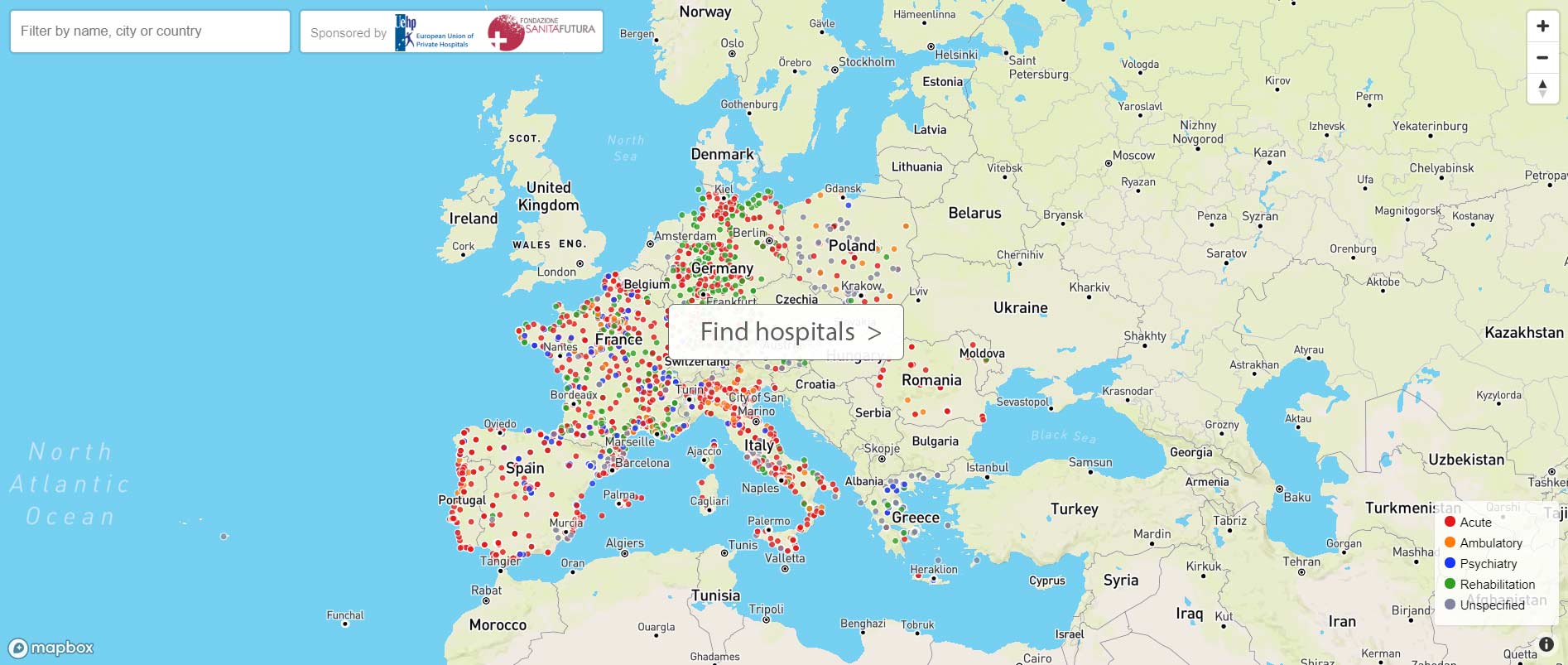A current study by the German Hospital Institute (DKI) confirms the dramatic economic situation of German hospitals. Important causes: the hospitals can hardly call on the energy subsidies, inflation increases are not refinanced and, in parallel, the continuing decline in the number of cases is alarming. Short-term measures are urgently needed, otherwise many hospitals will not live to see the planned hospital reform.
According to a survey by the DKI, “71 percent of general hospitals rate their current economic situation as poor (43 percent) or very poor (28 percent). Only three percent describe it as good, no hospital in the sample qualifies it as very good”.
There are various reasons for the difficult economic situation of hospitals, for which the federal and state governments also bear a large share of the responsibility. Extreme cost increases due to inflation and the energy crisis are countered by a tight limit on revenue growth due to the basic wage rate: from 2.23 per cent in 2022 to 4.32 per cent for 2023. This cannot compensate for an inflation rate of almost 10 per cent. In addition, the hospitals will have to report strong declines in the number of cases for 2022. The number of somatic hospital cases fell by a total of 15 per cent compared to 2019 – the decline was thus greater than in the pandemic years 2020 and 2021, according to an analysis by the Scientific Institute of the AOK (WIdO). The difficult situation for hospitals is further exacerbated by the energy crisis and the continuing failure of the German government to provide energy subsidies (see DKG press release). Just five percent of the funds from the hardship fund can be called up. There is still no inflation compensation for hospitals.
The German Federation of Private Hospitals (BDPK) advocates for urgently needed short-term support for hospitals. The aid is urgently needed, all the more so because aid from the previous energy package could not be called up. In parallel, the BDPK will continue to actively contribute to the discussion on hospital reform. It is important that the reform includes opening up hospitals to outpatients. Hospital planning must remain a land/region task. The BDPK advocates that the service group should be the central criterion for service provision (principle of “who can, may”).
It must also be clear that structural reform is also associated with considerable costs. If the figures from the Danish hospital reform of 5.7 billion euros are applied to Germany, funds of 80 billion euros would have to be made available.
Article published on the BDPK website. Read the full article in German HERE


